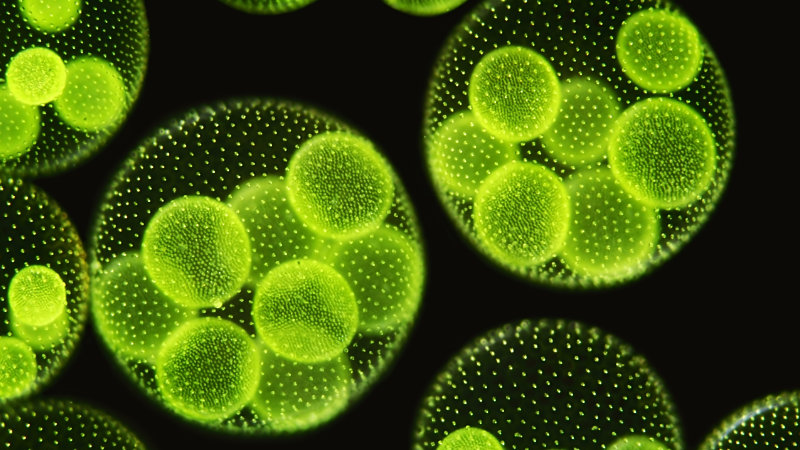
The Sweet World of Sugars in Drinks: What You Need to Know
Sugar. It’s in everything from our morning coffee to that refreshing lemonade you sip on a hot day. Whether you’re toasting with champagne or grabbing a sports drink after a workout, sugar plays a crucial role in shaping flavor, texture,








